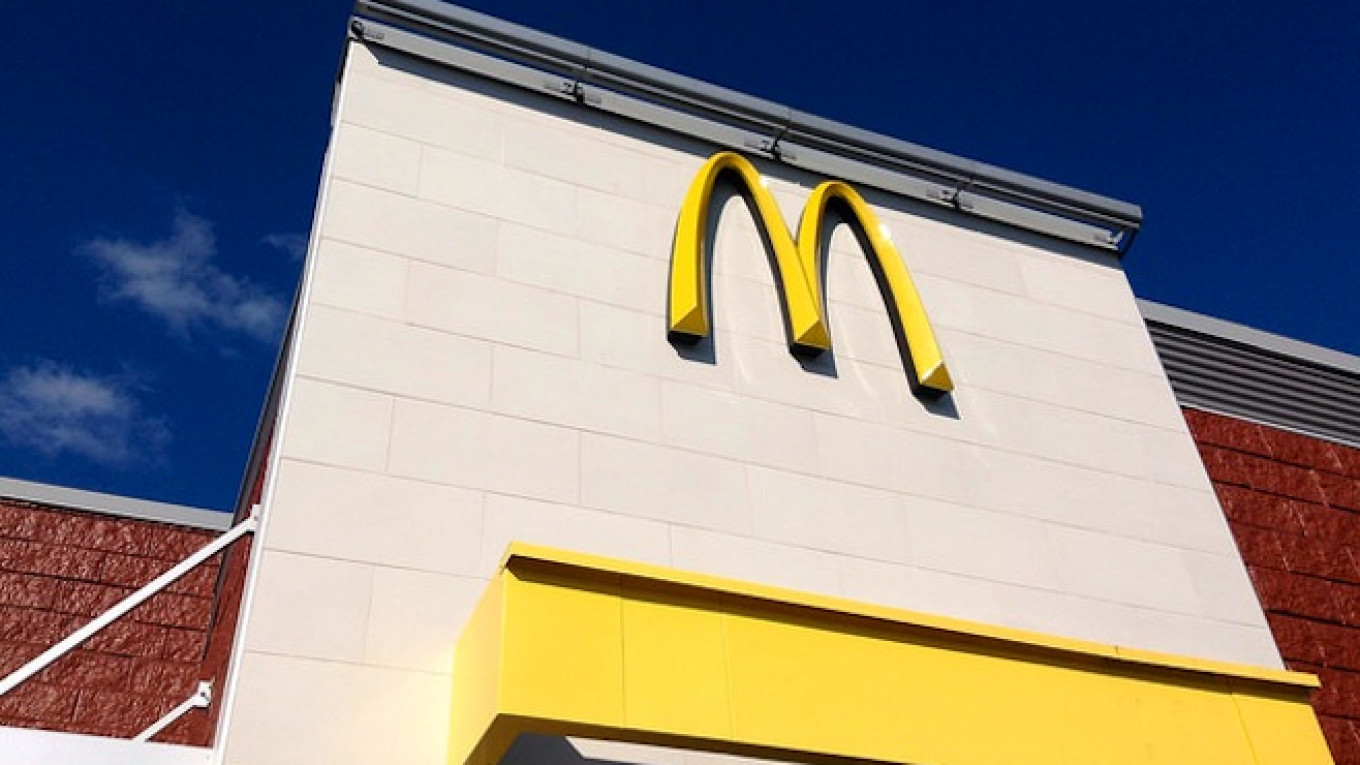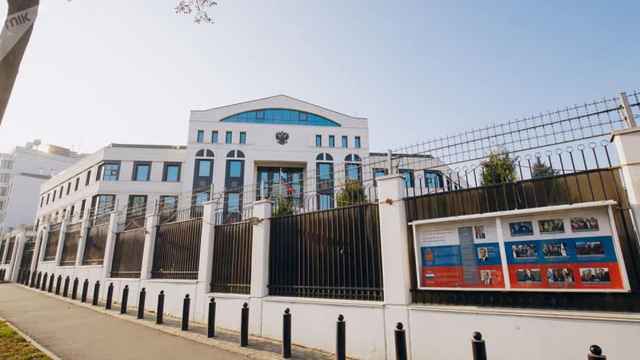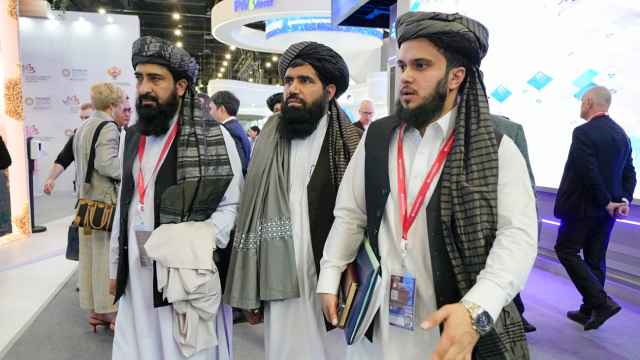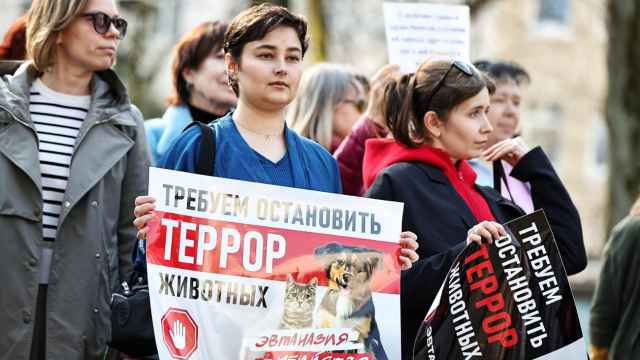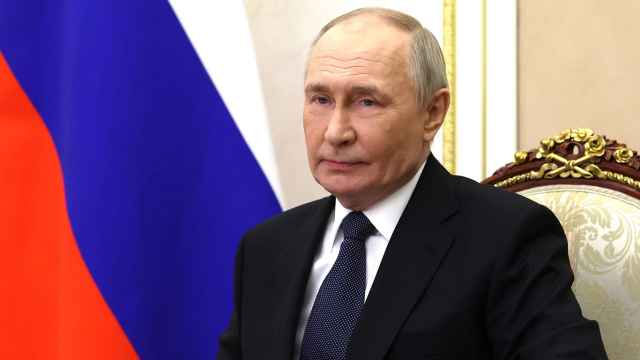U.S. fast food giant McDonald's will significantly expand its chain in Russia's remote Siberian regions after the company signed the first big franchising deal in its 25-year history in the country, the Kommersant newspaper reported Friday.
Up to 20 McDonald's franchises will be opened by 2016 in Siberia's Kemerovo, Novosibirsk, Tomsk and Altai regions, the newspaper reported, citing Yevgeny Zenin, general director of the Inrusinvest development company that concluded the franchising agreement with McDonald's.
The first restaurant will be opened in September in the Kemerovo region city of Novokuznetsk.
While 81 percent of McDonald's restaurants around the world are operated by franchises, Bloomberg reported in May, citing McDonald's CEO Steve Easterbrook, in Russia the company chose to run all the restaurants itself for more than 20 years.
McDonald's signed its first franchising deal in 2012 with Russian company Rosinter, which also develops international brands such as Costa Coffee and T.G.I. Friday's in Russia, as well as Russian brands such as Planeta Sushi and Mama Rasha.
Under that agreement, Rosinter won the right to open McDonald's outlets at railway stations and airports, but so far, only two branches have been opened by Rosinter — both of them located inside St. Petersburg's Pulkovo Airport, according to McDonald's.
In May this year, Easterbrook announced a plan to increase the share of restaurants operated by franchisees around the world to 90 percent, Bloomberg reported.
Of the Siberian regions earmarked for the outlets, only the city of Novosibirsk has existing McDonald's outlets, making it the easternmost city in Russia where McDonald's has a market presence.
Those existing six outlets in Novosibirsk will now also be managed by the company's Siberian partner, Kommersant reported.
The total investment in the project is about 3 billion rubles ($44 million), the newspaper cited Zenin as saying.
McDonald's chief executive in Russia, Khamzat Khasbulatov, unveiled plans to find a partner for the development of the chain in Siberia and the Kaliningrad region at the beginning of 2013.
Analysts polled by Kommersant at the time attributed that decision to the expansion of McDonald's competitors such as Burger King into Siberia.
Khasbulatov said then that franchised restaurants would have the same suppliers as all other outlets and that McDonald's would train staff for the new franchises itself, Vedomosti reported.
“There should be no differences among the restaurants for visitors,” Khasbulatov was citing by the newspaper as saying.
McDonald's has operated in Russia since 1990, when it opened its first eatery on Moscow's Pushkin Square and 30,000 people famously stood in line for hours for their first taste of capitalism on its opening day. It now has 517 restaurants around the country, servicing more than a million people a day, according to the company's website.
In August last year, McDonald's was hit by a series of inspections in Russia by government consumer rights watchdog Rospotrebnadzor. As a result, three McDonald's restaurants — including its Pushkin Square flagship outlet — were closed in Moscow. The checks later spread to the regions and led to further closures, though all eventually reopened.
While sanitary violations were the official reason cited for the closures, both Russian and foreign media speculated that the government checks into McDonald's were a response to the introduction of sanctions by Western countries against Russia over its involvement in the Ukraine crisis.
A Message from The Moscow Times:
Dear readers,
We are facing unprecedented challenges. Russia's Prosecutor General's Office has designated The Moscow Times as an "undesirable" organization, criminalizing our work and putting our staff at risk of prosecution. This follows our earlier unjust labeling as a "foreign agent."
These actions are direct attempts to silence independent journalism in Russia. The authorities claim our work "discredits the decisions of the Russian leadership." We see things differently: we strive to provide accurate, unbiased reporting on Russia.
We, the journalists of The Moscow Times, refuse to be silenced. But to continue our work, we need your help.
Your support, no matter how small, makes a world of difference. If you can, please support us monthly starting from just $2. It's quick to set up, and every contribution makes a significant impact.
By supporting The Moscow Times, you're defending open, independent journalism in the face of repression. Thank you for standing with us.
Remind me later.


